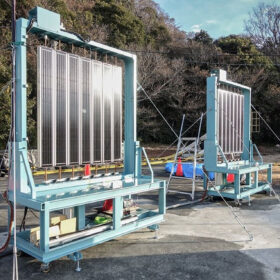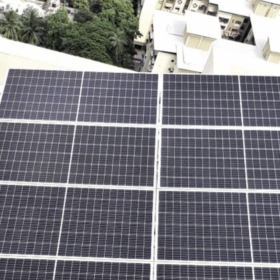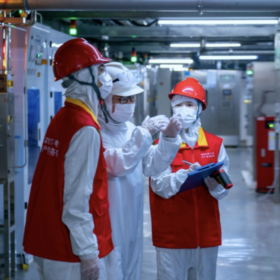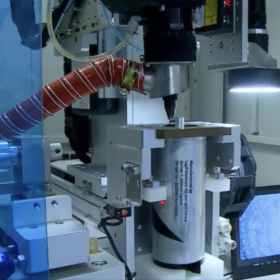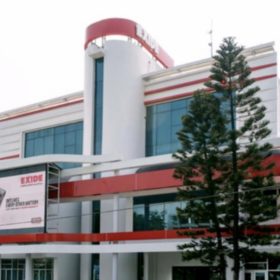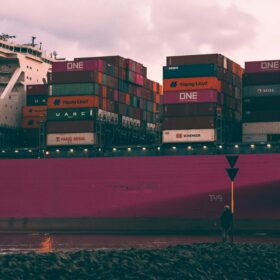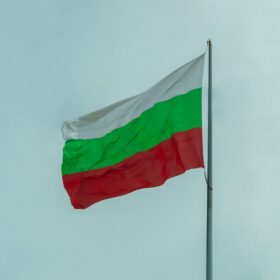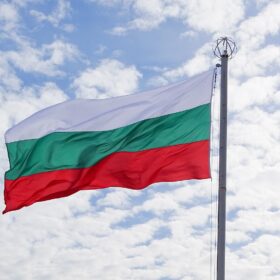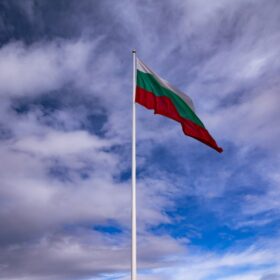Novel BIPV concept integrates louvers to enhance power production
Scientists have proposed a building-integrated PV system that integrates airflow to cool the panels and control room temperature. The system, which also acts as a shading device, can reportedly mitigate drops in power generation efficiency without additional energy consumption.
India’s rooftop solar scheme could drive $13.9 billion opportunity
India’s PM Surya Ghar Muft Bijli Yojana initiative (PM-SGMBY) could create a INR 1.2 trillion ($13.9 billion) opportunity for PV module, inverter, and component manufacturers, benefiting project developers and engineering, procurement, and construction (EPC) contractors, according to SBICAPS.
China begins building first GW-scale residential VPP
China is building its first gigawatt-scale residential virtual power plant (VPP) in Jiangsu province. The project will connect millions of high-power household appliances to a cloud-based energy pool to improve grid stability and boost renewable energy use.
India eyes self-reliance in battery cells with lithium recycling push
India could achieve self-reliance in battery cell manufacturing by domestically recycling lithium and reusing it in batteries, an Indian government official claimed this week at a battery manufacturing conference in in New Delhi.
Exide Industries invests $17.2 million in lithium battery plant in India
Kolkata-based Exide Industries has invested INR 1.49 billion ($17.2 million) in Exide Energy Solutions through a rights offering. The investment will support the construction of a greenfield lithium battery plant in Bengaluru, India, in addition to other funding needs.
China’s CGN New Energy announces winning bidders in 10 GWh BESS tender
CGN New Energy has selected seven winners from 50 bidders in its 10 GWh battery energy storage system (BESS) tender, with the lowest bid at CNY 0.458/Wh ($63/kWh).
US bans five Chinese PV firms under Uyghur Forced Labor Prevention Act
Under the Uyghur Forced Labor Prevention Act (UFLPA), the US authorities have banned five Chinese companies from providing products and services in the United States.
Bulgaria allocates 3 GW of renewables capacity, 1.17 GW of storage in auction
The Bulgarian authorities awarded BGN 526 million ($284 million) to 397 renewable energy projects in the country’s latest procurement exercise.
Funding secured for 237.6 MW merchant solar plant in Bulgaria
Up to €103 million ($107.2 million), from the European Bank for Reconstruction and Development and Raiffeisen Bank International, will support the development of a fully-merchant, 237.6 MW solar project in southeastern Bulgaria.
IFC, Raiffeisen Bank provide €90 million for 225 MW of solar in Bulgaria
International Finance Corp. (IFC) and Raiffeisen Bank International have signed off on a €90 million ($97.8 million) debt package to support the development of a 225 MW facility in northeastern Bulgaria.
